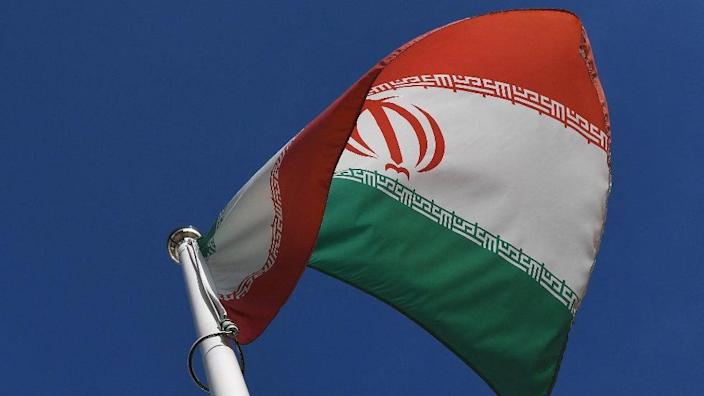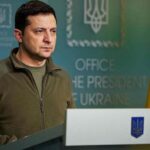
Iranian officials on Saturday signaled an interest in answering questions that have long been posed to the country about its nuclear program by the United Nations’ International Atomic Energy Agency (IAEA), a watchdog.
Mohammad Eslami, the head of the Atomic Energy Organization of Iran, suggested his country was open to answering questions amid a visit from Rafael Mariano Grossi, the director-general of the IAEA, The Associated Press reported.
Eslami said he was willing to start “presenting documents that would remove the ambiguities about our country,” according to the AP.
Former President Trump pulled the U.S. out of the Joint Comprehensive Plan of Action (JCPOA) – also known as the Iran nuclear deal – in 2018, Iran mostly locked the IAEA out of monitoring nuclear production facilities.
The country has previously been suspected of enriching stockpiles of uranium close to the percentage needed for nuclear weapons.
Grossi visited Tehran amid optimism that a new nuclear agreement will be finalized. He told the AP he was visiting Iran to address “outstanding questions.”
“It would be difficult to believe or to imagine that such an important return to such a comprehensive agreement like the [nuclear deal] would be possible if the agency and Iran would not be seeing eye to eye on how to resolve these important safeguards issues,” the director-general told the news service.
Negotiators have been discussing the new JCPOA deal since November in Vienna, Austria, and officials have increasingly signaled a new plan will be struck.
Trita Parsi, the executive vice president for the Quincy Institute for Responsible Statecraft, said only a few kinks are left to be worked out between negotiators.
“I do suspect there is a decent likelihood the deal will be struck within the next week or two,” Parsi told Hill.TV last month. “The question is what happens afterwards.”
Amid the discussions, the IAEA reported on Thursday that Iran is generating a growing stockpile of enriched uranium.
The nation has 73.1 pounds of uranium enriched up to 60 percent of fissile purity, which is an increase of 12.1 pounds since November.




